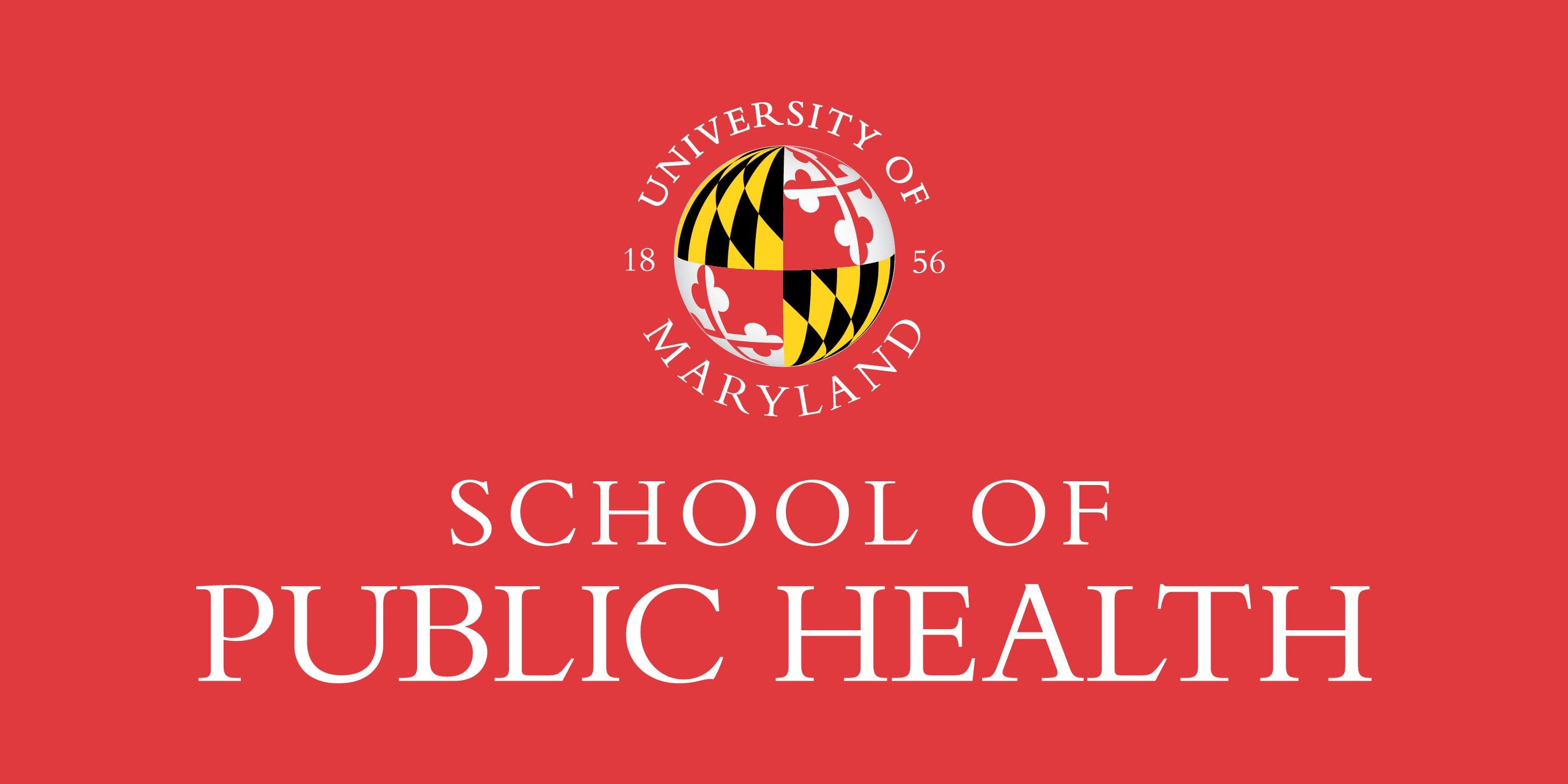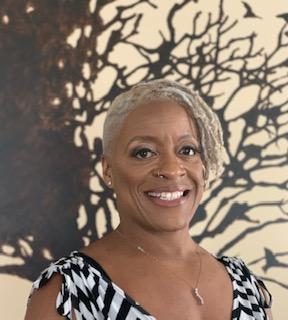

Published in Los Angeles Wave, March 25, 2021
This year has been a trying one for us all. From having an infectious disease thrown at us, to grappling with numerous sociopolitical unrests that have shaken this country to vast proportions, needless to say, many of us have wondered if this was indeed “the end of days.”
But alas, the human spirit always wins. And we are now finally beginning to see the light at the end of this “pandemic tunnel” — vaccines that protect against SARS-CoV2, the virus responsible for the coronavirus.
However, many of us in the African-American community are understandably finding ourselves wondering whether we should get the vaccine or not. And naturally so.
We have the right to be concerned. Historically, Black people have been poked and prodded on for medical reasons that we were not aware of, or even included in studies without our proper consent.
Not to mention we were not always given all the necessary information needed to make conscious medical decisions about our health — often leading us to question medical science and believe that “there’s something else going on here” that we aren’t aware of.
So as an African American professor of epidemiology, I get it. I understand why we have reason to be wary and “side-eyeing” this whole vaccine situation.
However, think of it this way. We may not know what the vaccine does in the long term, but we do know what the coronavirus does in the short term.
Therefore, to help us make more conscious medical decisions, I’d like to better explain and educate my people on what the coronavirus vaccines actually do.
Unlike the flu vaccines, the COVID-19 vaccines are not made of a “live virus” being injected into your body to elicit an immune response, which I hope immediately allays any concerns for those who may feel a “virus” is being injected into them; or worried that the vaccination may lead to horrible side effects or an illness you didn’t ask for. Instead, the COVID-19 vaccines are messenger RNA vaccines.
Think about the way the virus looks when you see a picture of it. The little “red spikes” on the ends of the virus are characteristics and spike proteins, which the virus then uses to infect healthy cells. What the vaccines do is sneak in “instructions” that tell the body to produce a small amount of the spike protein.
The Pfizer and the Moderna vaccines use a synthetic mRNA that contains information about the coronavirus’s characteristic spike protein; whereas the Johnson and Johnson vaccine uses a modified, non-infectious version of a human adenovirus (which cannot replicate itself) to deliver genetic instructions to make the necessary spike protein.
Once the immune system detects this protein, the body begins producing protective antibodies. And when the body recognizes these spike proteins as an “invader,” it then begins to produce the antibodies to fight against them.
So, if and when the antibodies ever encounter the actual COVID-19 virus, the body’s immune system is already primed to destroy the virus before it causes any illness.
Which in essence means that after you are fully vaccinated if you’re ever exposed to someone carrying the coronavirus, your body will automatically recognize those spike proteins and will work to fight against them. Which is why many doctors recommend not taking any pain medication before you are vaccinated. You want to experience any minor side effects from the vaccination so that you know your body is gearing up the immune response to develop the necessary antibodies.
You want your body to fight for you. And sometimes you may feel that fight in the form of flu-like symptoms. And at that point, taking pain medications after being vaccinated is OK if the side effects become too uncomfortable. In addition, eating foods that reduce inflammation like fruits, vegetables and non-processed foods, are also excellent.
And when it comes to vaccine efficacy? The CDC reports that of the three main vaccines being administered in the United States, the Johnson and Johnson vaccine is at least 67% effective in preventing either moderate to severe symptoms, whereas the Moderna and Pfizer vaccines are 94.1% and 95% effective at preventing illness.
But what does that mean? It means that after you are fully vaccinated, you reduce your risk of getting COVID-19 by X%. And upon exposure to the virus, a fully vaccinated person is protected X% of the time, or X% of the people who take the vaccine are protected 100% of the time.
And by the way, being fully vaccinated means having had whatever the maximum number of doses required to achieve effectiveness (one or two shots), and waiting the required period afterward to achieve maximum effectiveness (usually 14 days after the last or only dose).
However, once fully vaccinated you can’t just go around hugging people all over the place. You must still practice our public health preventative measures like wearing a mask, practice social distancing and washing your hands for 20 seconds after touching surfaces.
In short, we are a “soulful people.” So, when it comes to deciding whether to get vaccinated, as with all things, be educated, but think with your heart.
In the long run, protection from the virus means protection for yourself, your family and loved ones, and for the entire community at large. I say better safe than sorry. What doesn’t kill us, will only make us stronger.
Typhanye Vielka Dyer, Ph.D., is a tenured associate professor of epidemiology at the University of Maryland School of Public Health in College Park, Maryland. A Los Angeles native, she hails from Compton and attended UCLA as an undergraduate and doctoral student.
Related Links